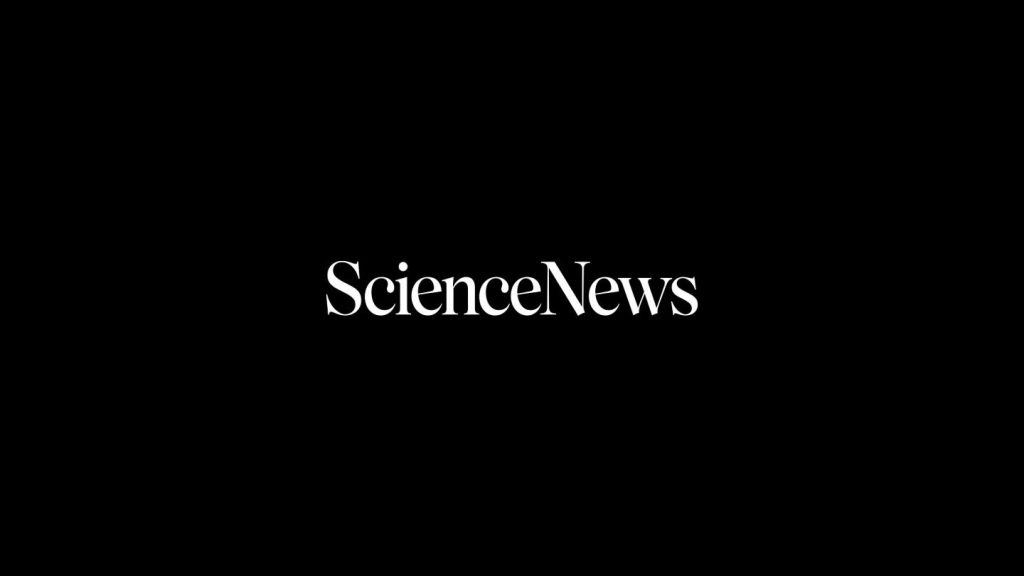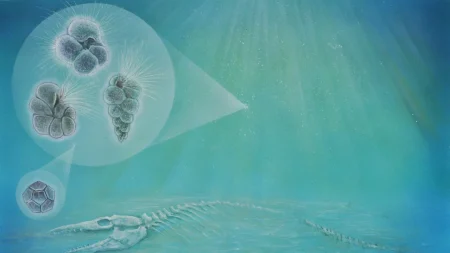The Rising Concern of Early-Onset Cancer: Hope Amid Challenge
Cancer has long been considered a disease that primarily affects the elderly, with risk increasing as we age. However, a troubling trend has emerged in recent years – the rising incidence of cancer among younger adults. As Editor in Chief, I’ve witnessed growing concern within the medical community about this shift in cancer demographics, which challenges our traditional understanding of the disease and raises important questions about environmental factors, lifestyle changes, and genetic influences that may be driving this phenomenon.
The statistics are sobering. Over the past several decades, researchers have documented steady increases in early-onset cancers affecting people under 50, particularly colorectal, breast, pancreatic, and endometrial cancers. These aren’t merely statistical anomalies but represent real people facing life-altering diagnoses during what should be their most productive years. Young adults with cancer face unique challenges beyond the disease itself – interruptions to education and career development, fertility concerns, financial strain, and the emotional toll of confronting mortality at an age when most peers are planning decades ahead. The psychological impact of this disconnect can be particularly devastating, as young patients often feel isolated in treatment environments primarily designed for older individuals.
What’s driving this increase remains incompletely understood, though researchers have identified several potential contributors. Our modern lifestyle may play a significant role – changes in diet toward ultra-processed foods, decreased physical activity, increased alcohol consumption, disrupted sleep patterns, and environmental exposures to various chemicals. The obesity epidemic likely contributes significantly, as excess body fat creates inflammatory conditions that promote cancer development. Additionally, some research suggests that early-life exposures, even beginning in utero, may program cellular pathways that increase cancer susceptibility decades later. The interconnected nature of these factors makes identifying clear causal relationships challenging.
Despite these concerning trends, there is reason for cautious optimism regarding childhood cancer specifically. While cancer remains the leading disease-related cause of death in children, survival rates for many pediatric cancers have improved dramatically over recent decades. Through coordinated research efforts, clinical trials, and treatment refinements, some childhood cancers that were once nearly always fatal now have cure rates exceeding 80%. These advances represent one of modern medicine’s great success stories, though they come with the recognition that survivors often face long-term health effects from the treatments that saved their lives, requiring lifelong monitoring and care.
For young adults facing cancer diagnoses, the healthcare system is gradually becoming more responsive to their unique needs. Specialized young adult oncology programs have emerged, addressing concerns from fertility preservation to psychosocial support tailored to this life stage. Patient advocacy organizations have played a crucial role in raising awareness about early-onset cancer and pushing for research focused specifically on these populations. These efforts are slowly shifting both public perception and medical practice to recognize that cancer can affect anyone at any age, and that age-appropriate supportive care is essential to improving outcomes.
As we confront the reality of rising cancer rates among younger populations, we must balance honest acknowledgment of the challenge with hope grounded in scientific progress. The medical community needs to intensify research into preventable risk factors while developing more sensitive screening protocols for younger individuals with concerning symptoms or family histories. On a societal level, we should reconsider environmental policies and public health messaging that could help reverse troubling trends in diet, activity, and environmental exposures. For individuals, awareness of this shift means taking symptoms seriously regardless of age and advocating for appropriate medical attention when concerns arise. Though the rising tide of early-onset cancer represents a significant public health challenge, the combined forces of advancing medical science, growing awareness, and targeted interventions offer genuine hope that we can reverse these trends and better serve those affected.














